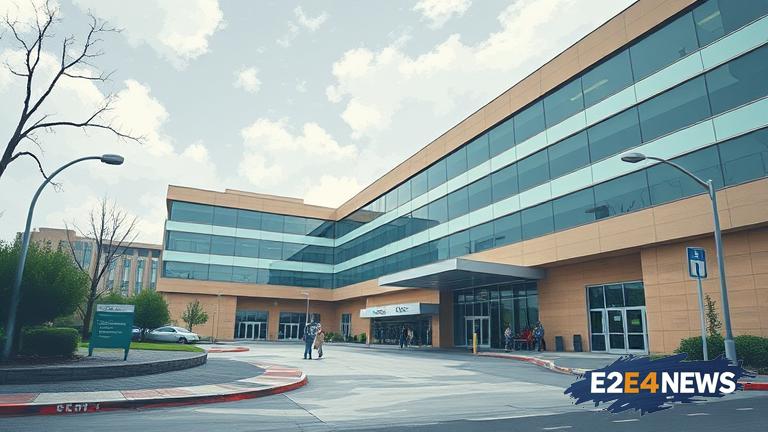The US healthcare system is facing a major crisis as hospitals struggle to cope with significant cuts to Medicaid funding. Medicaid, a joint federal-state program, provides health coverage to low-income individuals and families. The cuts, which were implemented to reduce state budgets, have resulted in a substantial decrease in revenue for hospitals. As a result, many hospitals are being forced to reduce staff, cut services, and in some cases, close their doors altogether. The impact of these cuts is being felt across the country, with rural hospitals being particularly hard hit. These hospitals, which often serve as the only source of healthcare for local communities, are struggling to stay afloat. The Medicaid cuts have also led to a reduction in the number of beds available for patients, resulting in longer wait times and reduced access to care. Furthermore, the cuts have had a disproportionate impact on vulnerable populations, including the elderly, children, and those with disabilities. The American Hospital Association has warned that the cuts could have devastating consequences for patient care, including increased mortality rates and a decline in the overall quality of care. In response to the crisis, hospital administrators and healthcare advocates are calling on state and federal lawmakers to restore Medicaid funding to previous levels. They argue that the cuts are not only harming patients but also having a negative impact on local economies. The crisis has also highlighted the need for a more sustainable and equitable healthcare system, one that prioritizes patient care and access to services. As the situation continues to unfold, it remains to be seen how hospitals and healthcare providers will adapt to the new funding landscape. In the meantime, patients and communities are being forced to bear the brunt of the cuts, with many facing reduced access to essential healthcare services. The long-term consequences of the Medicaid cuts are still unknown, but it is clear that the US healthcare system is at a critical juncture. The federal government has a responsibility to ensure that all citizens have access to quality healthcare, regardless of their income or social status. Ultimately, the solution to the crisis will require a collaborative effort from lawmakers, hospital administrators, and healthcare providers to find a solution that prioritizes patient care and access to services.
